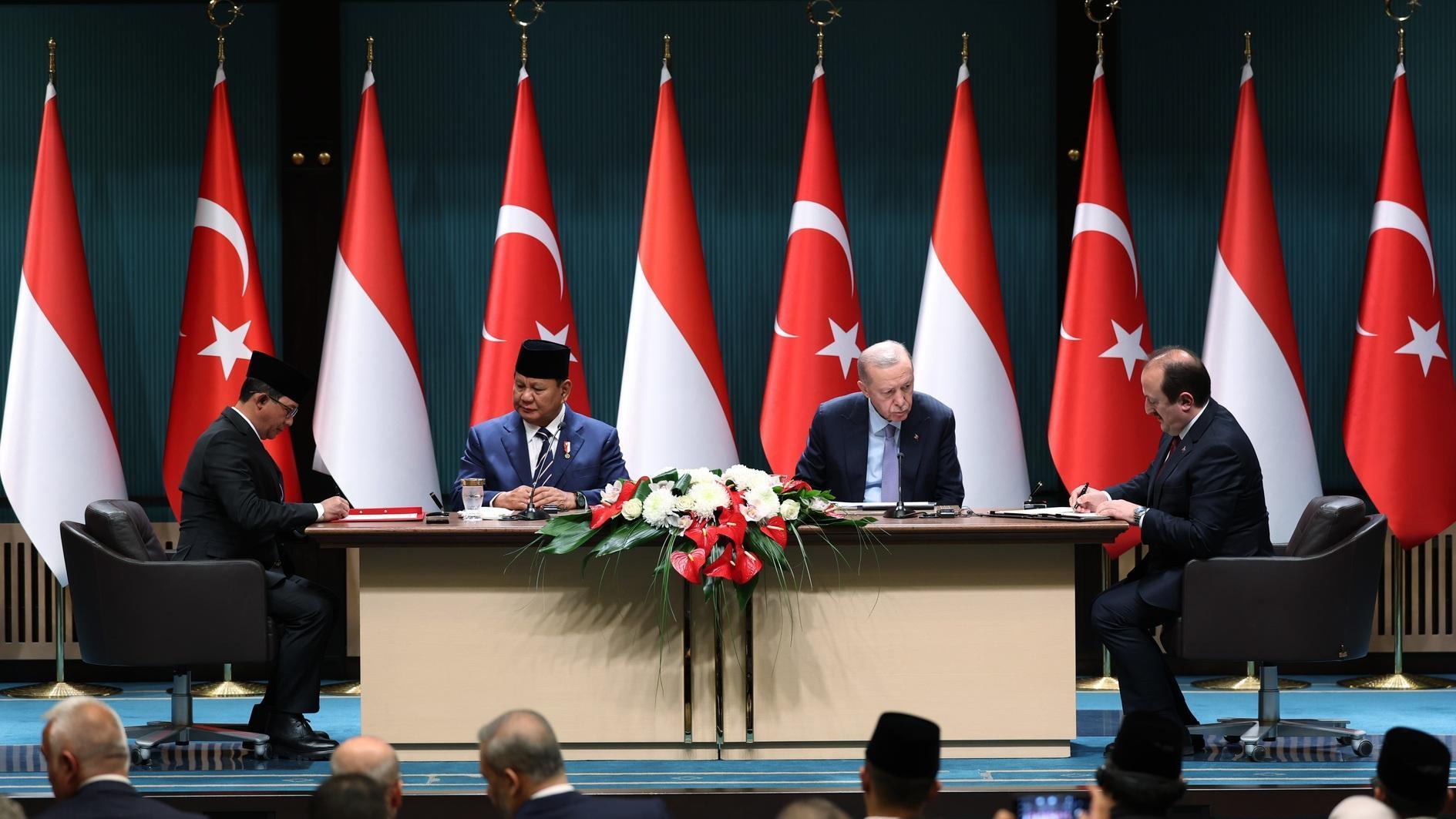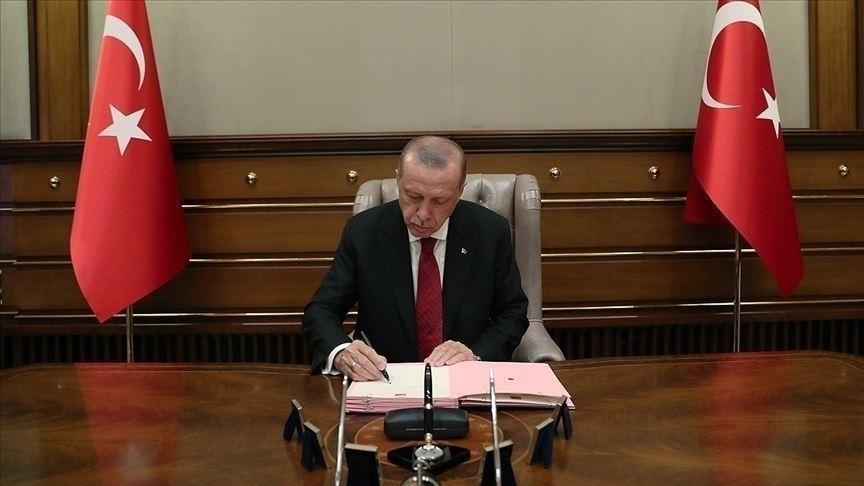Germany says EU-Turkey deal remains ‘top priority’
BERLIN – Anadolu Agency

German Chancellor Angela Merkel reviews the honor guard prior to a bilateral meeting with Italian Premier Matteo Renzi, in Rome, Thursday, May 5, 2016 - AP photo
The agreement between the European Union and Turkey remains Germany’s top priority in addressing the refugee crisis, German Chancellor Angela Merkel’s spokesman said on May 9.“The EU and Turkey have made an important agreement to manage this challenge together,” Steffen Seibert told a news conference in Berlin.
“The European side will stick to this agreement and will honor its commitments. And of course we expect the same from our Turkish partners,” Seibert added.
German daily Bild reported on May 9 that EU members had begun discussing alternatives to the agreement amid fears it could collapse.
“It is in our interest, also in the EU’s interest, to work for the further implementation of the EU-Turkey agreement. This is what we are focusing on,” Seibert also said.
The agreement aims to discourage irregular migration through the Aegean Sea, develop a mechanism for resettling Syrian refugees from Turkey to the EU, and provide a 6 billion euro aid package for refugees in Turkey.
It also allows for the acceleration of Turkey’s EU membership bid and visa-free travel for Turkish nationals within the Schengen area, on the condition that Ankara meets 72 requirements set by the EU.
The European Commission recommended to the European Parliament and the European Council that Turkey be added to the list of countries that are exempt from obtaining a visa to travel inside the EU.
Turkish President Recep Tayyip Erdoğan last week criticized the EU for demanding changes to the country’s anti-terror legislation before approving visa liberalization.
Erdoğan’s comments led to speculation in the German media about the future of the EU-Turkey deal, which was hammered out by Merkel and Turkish Prime Minister Ahmet Davutoğlu, who stood down after calling an extraordinary party congress last week.
Brussels and Ankara increased cooperation on the refugee issue late last year and the implementation of the agreement significantly reduced the flow of migrants.
In Germany, which accepted nearly 1.1 million asylum seekers last year, the number of refugees has fallen sharply in recent months.
In April, 16,000 asylum seekers arrived in the country, according to the Federal Office for Migration and Refugees on May 9 - a steep drop from the 90,000 who arrived in January.
















